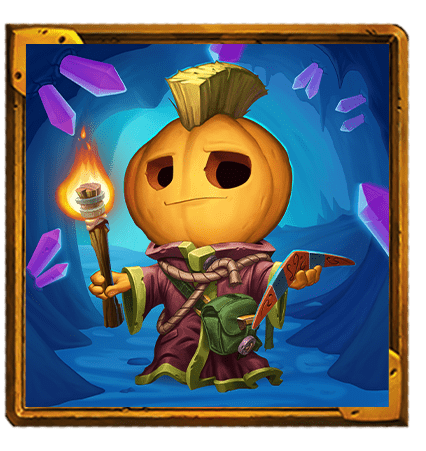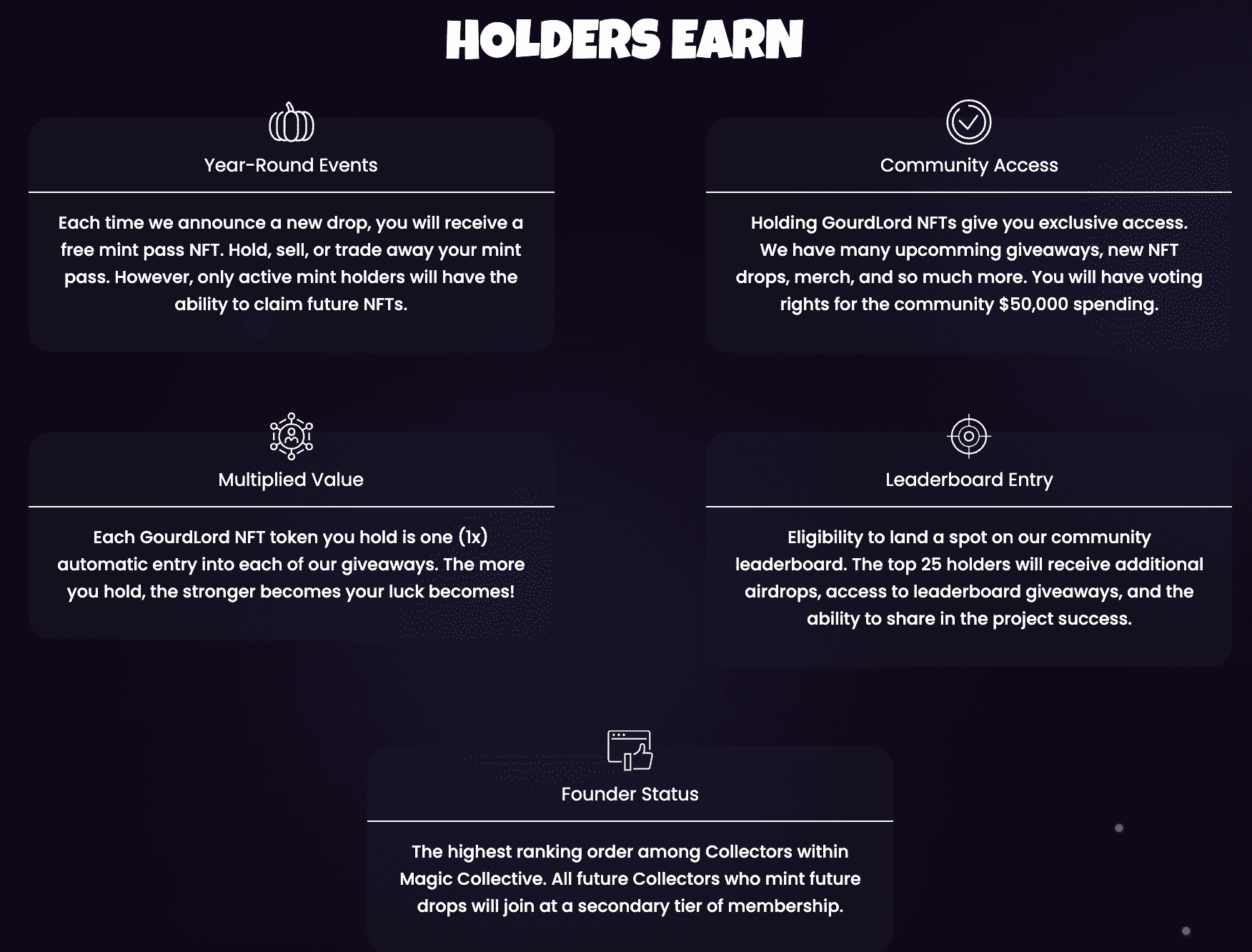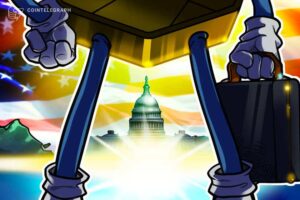In the metaverse, bottom-up development refers to the process of using existing elements to compose new games or digital experiences. Since elements are constructed using blocks of code, already available NFT metadata and 3D art can allow developers to create games using elements that come with a built-in, enthusiastic community.
We imagine a world where the World of Warcrafts and Minecrafts of the future have NFTs like CryptoPunks, Bored Apes, Cool Cats, and Gourdlords as characters or items.
The demand for connecting metaverse gaming with NFTs was exposed by NFT consumers themselves, as evidenced by many successful NFT companies featuring a gaming component in their roadmap.
Investing in an NFT is no longer simply purchasing a digital asset, it is also gaining access to thriving digital communities. Bottom-up development is mutually beneficial for developers and NFT holders for a few reasons:
- It saves time for developers, so they can spend more time building unique things rather than reinventing the wheel.
- It standardizes a framework that allows holders to utilize their token investment across metaverse games and environments.
- It encourages more projects to build with bottom-up development, helping lay a stronger foundation for future NFTs and games.
To better understand the value of bottom-up development, it’s important to solidify some definitions.
What is the metaverse?
The metaverse is a new and quickly evolving environment built on decentralized computer platforms like the Ethereum Blockchain. This digital environment includes games, workspaces, and even communities where people meet as avatars and spend time recreationally.
The metaverse is evolving and being developed rapidly due, in-part, to the recent rise of NFTs or non-fungible tokens. NFTs, typically represented as generative art, combine elements of collecting and trading that create a tight-knit community. These NFT communities are excited about expanding the reach of their assets by the possibility of utilizing items or characters in different games across the metaverse.
Holding an NFT token is a gateway to accessing an active community that combines art, gaming, collecting digital status symbols and the possibility of increased financial gain.
What are non-fungible tokens (NFTs)?
Typically represented as digital art collectibles, NFTs have a much greater function in most cases. For example, an NFT might give its owner access to a community, certain games, or ownership to future developments by a team or company.
The rapid increase in NFT popularity is creating new development and investment opportunities. NFT’s have also changed the way digital games and environments can be created due to the interoperable gaming nature of the blockchain.
What is interoperable gaming?
Interoperability simply means that metaverse games and metaverse game items have the ability to interface easily with each other.
As NFTs and metaverses continue to become more popular, as well as the interoperability between the two increases, entire business models will evolve around offering a new generation of gamers an entirely new class of gaming collectives.
Magic Collective, for example, is a first-of-its-kind metaverse game studio solely focused on creating metaverse game items, each represented by an NFT. The company encourages bottom-up development through the use of unique open-ended metadata included with each NFT’s and premium 3D art design. This allows players to bring their items with them into each environment they wish to enter.
“Our goal is to continually produce fantastic works that become popular by both players and developers,” says Grant Vollmer, Founder of Magic Collective. “This allows players to invest once into game items which then can be used in many different metaverse environments.”
Magic Collective’s artists have decades of experience in the AAA gaming industry. Each drop will contain uniquely created art that can be used for new kinds of gameplay in various games and environments created by Magic Collective partnerships. Imagine using your Cool Cat as a playable Fortnite character or casting a spell to supercharge your PUBG weapon.
One of Magic Collective’s first releases is an origin collection of 10,000 GourdLord NFT characters. Holders of GourdLords will be given free access to future released interoperable game items.
The perks of owning a GourdLord NFT
Final Thoughts: So… Why Does Bottom-Up Development Matter?
The gaming industry has largely been dominated by a small oligarchy of studios (Blizzard and WoW, Jagex and RuneScape, Epic Games and Fortnite) and a scattered array of independent players.
Each of these independent players have basically needed to start from Square One in regards to character and item development, often creating duplicate variations of items found in already popular games.
With studios like Magic Collective cranking out projects like GourdLords with a focus on bottom-up development, we may soon see a proliferation of open-sourced gaming development.

One of the GourdLord NFT designs
The future could see a standardization for independent studios, each following a specific framework that allows items to seamlessly function on each other’s platforms. This is at least part of the vision many metaverse proponents carry. Only time will tell how rapidly strategies like bottom-up development will help this vision be realized.
To join in on the bottom-up development discussion, we recommend joining the GourdLord Discord.
The post What is Bottom-Up Development, and Why Does It Matter for NFTs? appeared first on CoinCentral.






















